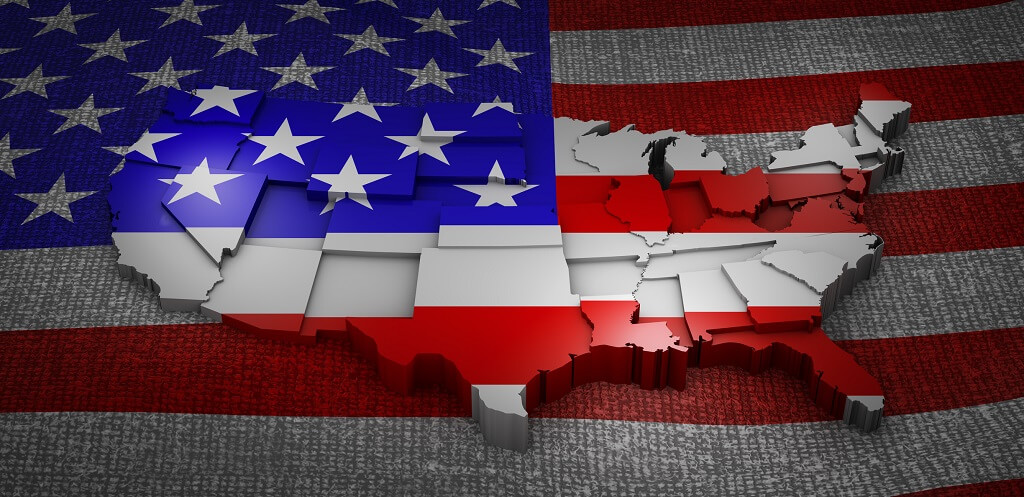Following the mass closures and indefinite postponements that plagued many of America’s biggest competitions at the start of the year, the latter half of 2020 is taking a surprisingly different turn. Some US states that previously upheld bans either on sports betting or internet-based sports betting are rapidly warming up to the idea and even working towards legislation to that end.
Against a Backdrop of Widespread League Suspensions
Around mid-March this year, a widespread outbreak among players in the NFL and NBA forced both leagues to issue an indefinite suspension, putting the rest of the 2019/2020 season in limbo and throwing off subsequent seasons. Other leagues followed suit and in the end, and pretty much all of the organized sporting leagues in the US were shut.
Six months later, however, things have taken a dramatic turn as both the NBA, NFL, as well as other major competitions such as MLB, Major League Soccer, the WNBA, and the NWSL have all played out the pending games for the 2020 season and resumed their respective 2021 campaigns.
The Six States Pushing Legislation Towards Legalized Sports Betting
For some context, 32 US states have no form of legalized, regulated sports betting framework in play – i.e. no legal sports betting. Of these 32, six states are making considerable strides towards enacting the legal grounds needed to legalize the activity within their various jurisdictions. They are Louisiana, Maryland, South Dakota, Massachusetts, New York, and Ohio.
Importantly, the road to legalized sports betting varies between the first three states and the second three. Louisiana, Maryland, and South Dakota look to have a clear path towards this goal – in all three states, voters will, via state-wide referendums, decide around November if they want legal sports betting. Once the referendum passes, there will be swift follow-up legislative finishing touches ahead of the law taking hold officially.
Massachusetts, New York, and Ohio have a more complicated trajectory towards legalized sports betting. While Massachusetts’ year-round legislative calendar means that it can still put a bill through before the year runs out, New York and Ohio are still in the finishing stages of ironing out the minutiae such as proposed regulating bodies and operator tax policies.
The Reason For The Push
Interestingly, the chief reason behind the move for sports betting and more importantly, regulated online mediums, comes down to the virus itself. Stakeholders in sports, as well as state legislators, are arguing that since the pandemic is limiting the safety of direct human-to-human interaction, revenues and profits from live event attendance tickets, on-spot merchandise sales, and more importantly, in-person wagers have dwindled over the past few months. Further, they argue for an accelerated timeline, as since the new season has begun across basketball, football, baseball, and soccer, there is a large demand for bets in states that either only permit in-person sports betting or none at all.
According to Casey Clark, the senior vice president for strategic communications at the American Gaming Association (AGA), “this was never going to be the panacea that saved a business. There is a huge disconnect between what this is and isn’t. There is a revenue opportunity to be had, and for some states where that’s earmarked for education or infrastructure, they saw huge deficits during the pandemic. I understand why some states want to move quickly, there are jobs to be had and real opportunities for people.”
This argument is a strong one and aside from the fact that legalizing online betting will prove a win-win for both the state governments and the betting platforms themselves, it will also re-stoke the flames on the supporter side of things. Many sports fans have been left without a meaningful way to support their teams and with action towards legalizing sports betting, they can get involved once again.




